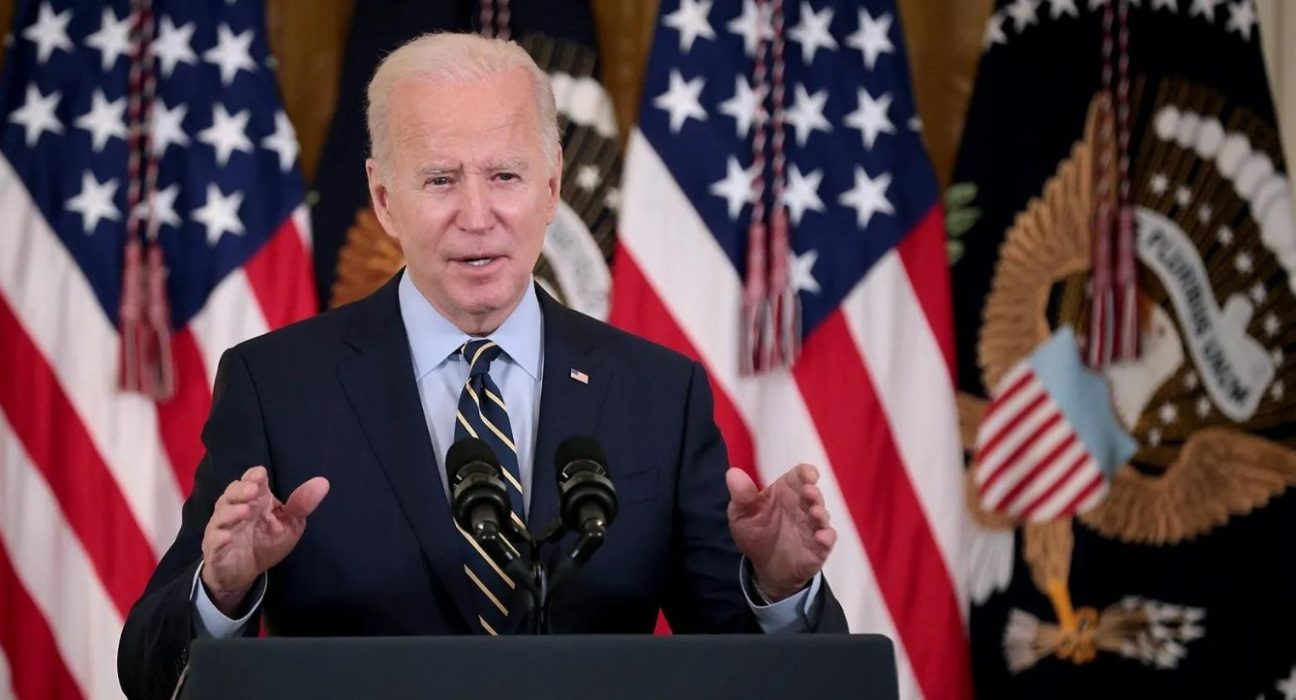Introduction
President Joe Biden and congressional Republicans face a crucial week of negotiations to address the looming debt-ceiling deadline. The goal is to find consensus on spending levels and energy regulations in order to prevent a devastating default. While the two sides are not yet close to an agreement, the White House has not ruled out annual spending caps, which Republicans consider necessary alongside an increase in the $31.4 trillion debt limit. Additionally, Republicans controlling the House of Representatives have shown flexibility by not insisting on certain conditions deemed off limits by the White House, such as repealing green-energy incentives. This article explores the ongoing discussions, potential areas of agreement, and the optimism expressed by President Biden.
The Search for Agreement on Spending Caps
Finding common ground on spending levels is a key aspect of the debt-ceiling negotiations. While the Biden administration and congressional Republicans have not reached a consensus, the White House remains open to annual spending caps, which Republicans have emphasized as an essential component of any debt-limit increase. The inclusion of spending caps aims to address concerns about fiscal responsibility and long-term debt sustainability. The negotiations will likely focus on defining the specific spending limits and ensuring they align with the administration’s policy priorities.
Potential Areas of Agreement on Energy Regulations
In addition to spending levels, energy regulations have emerged as a potential area where both parties could find common ground. The White House’s Inflation Reduction Act of 2022 includes green-energy incentives that Republicans have considered off limits. However, recent developments indicate a willingness on the part of Republicans controlling the House of Representatives to refrain from insisting on the repeal of these incentives. This shift opens the door for potential compromise and collaboration on energy regulations that could benefit both the environment and the economy. Finding a middle ground that balances environmental goals with economic growth will be crucial to reaching a comprehensive agreement.
President Biden’s Optimism for a Deal
President Biden expressed optimism about the prospects of reaching a deal during a press briefing, stating that he believes both sides are motivated to find a resolution. While challenges remain, Biden’s positive outlook signals a commitment to working towards a compromise that addresses the debt ceiling and prevents a catastrophic default. The president’s emphasis on finding common ground and his willingness to engage in negotiations underscore the importance of reaching a bipartisan agreement that serves the best interests of the nation.
The Consequences of Failing to Reach an Agreement
The stakes of the debt-ceiling talks are exceptionally high. Failing to reach an agreement and allowing the nation to default on its debt would have severe consequences for the economy and financial markets. It could lead to increased borrowing costs, reduced access to credit, and a loss of confidence in the U.S. financial system. The potential ripple effects could disrupt global markets and undermine economic recovery efforts. Therefore, finding a resolution to the debt-ceiling issue is critical in maintaining stability and avoiding unnecessary economic turmoil.
Conclusion
The ongoing debt-ceiling negotiations between President Biden and congressional Republicans are at a critical juncture as both sides seek to find common ground on spending levels and energy regulations. The willingness of the White House to consider spending caps and the Republicans’ flexibility on certain conditions offers hope for progress. President Biden’s optimism further bolsters the prospects of reaching a deal. However, the consequences of failing to reach an agreement highlight the urgency and importance of finding a resolution that safeguards the nation’s financial stability. As the discussions continue, it is imperative for both parties to prioritize the long-term economic well-being of the country over partisan interests. A comprehensive agreement on spending levels and energy regulations can contribute to fiscal responsibility, sustainable economic growth, and a cleaner, greener future. The potential ramifications of a default underscore the necessity of finding common ground and avoiding unnecessary disruptions to the economy and global financial markets. By reaching a bipartisan resolution, President Biden and congressional Republicans have an opportunity to demonstrate effective governance and foster confidence in the nation’s fiscal management. It is through collaboration, compromise, and a shared commitment to the country’s best interests that a favorable outcome can be achieved, ensuring a stable and prosperous future for all Americans.










